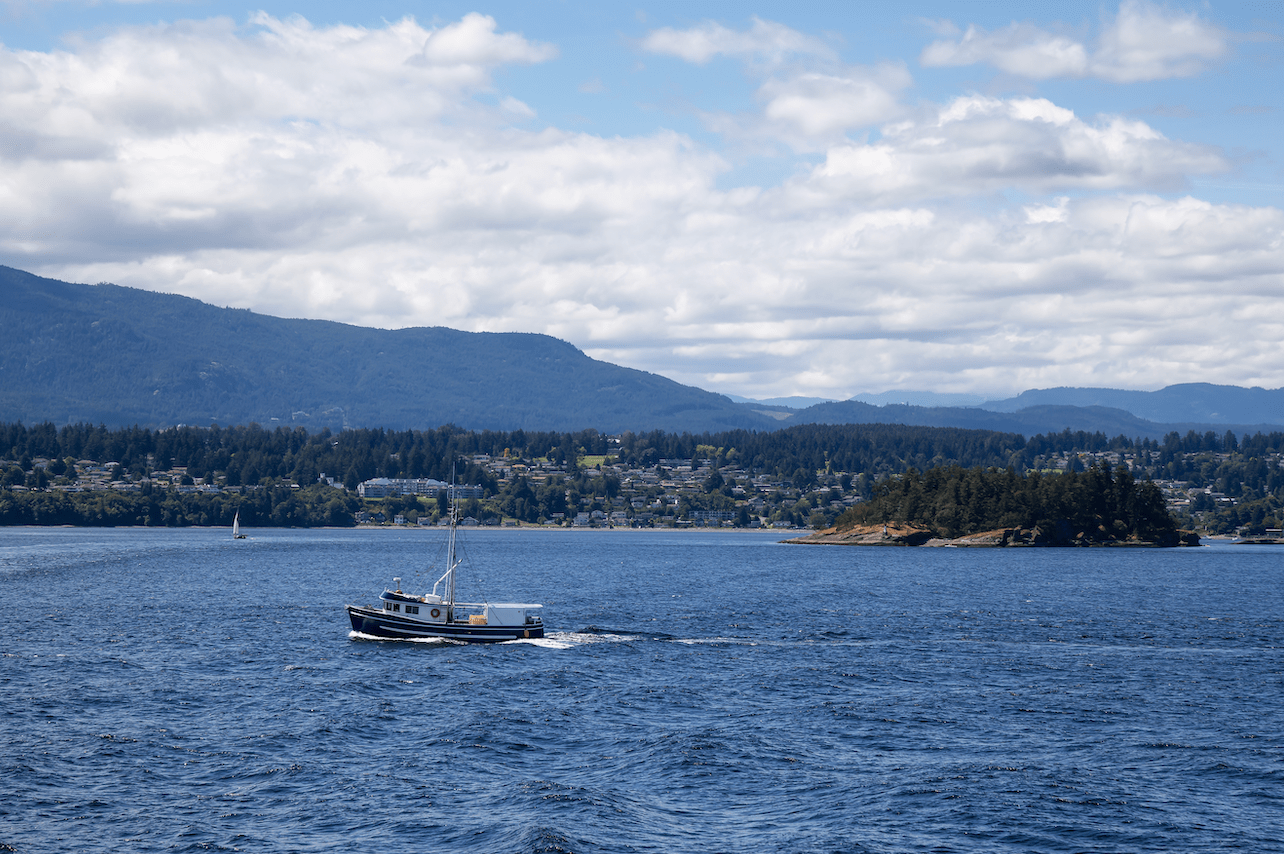
VANCOUVER ISLAND – Island Coastal Economic Trust (the Trust) and Vancouver Island Economic Alliance (VIEA) have released the results of engagement and publication of the new Island Coastal Intercommunity Transportation “What We Heard Report” (download the report – 5MB PDF).
Regional engagement took place in June 2023, focused on passenger transportation connections between communities and especially in rural and remote areas as well as the islands that are either not currently served or are underserved. Engagement sessions throughout the region were facilitated by MNP Consulting, who also led research and analysis for the report. The What We Heard Report was commissioned by the Trust with funding from the Ministry of Transportation and Infrastructure.
“The importance of transportation between communities across the coast is critical,” says Aaron Stone, Chair, Island Coastal Economic Trust. “This report plays an integral role in helping better understand the challenges and opportunities so that we can, all together, build an inclusive, resilient coastal economy.”
“Collaboration, including in this partnership with the Trust, is a vital part of developing the island economy, and we look forward to the solutions ahead as recommended in this report,” says Katie Bishop, Chair, Vancouver Island Economic Alliance.
The What We Heard Report highlights four key themes that emerged from participants in the in-person engagement sessions as well as the online survey. All of which are in alignment with past transportation studies that were researched as part of this study.
- Governance and Policy
There is a need for transformative change in the way transportation is governed. The importance of collaboration between multiple layers of government and First Nations, as well as the non-profit and for-profit sectors, is an essential part of governance. - Community Partnerships
The value of community-based partnerships and solutions is key to facilitating and coordinating transportation options, especially in rural and remote communities. The Provincial government was cited as a key player in facilitating and coordinating transportation options other than personal vehicles between communities. - Government Support
Subsidies to local service providers (private and non-profit) are cited as a critical way to help fill the gap in communities’ transportation needs. There is also strong support for expanding the frequency, geographic scope, and hours of service of public transportation services. - Active and Alternative Transportation
Expanding and improving the safety of active and alternative transportation corridors and hubs, as well as more planning related to cycling, is strongly supported.
The report encompassed 15 engagement sessions across Vancouver Island and the Sunshine Coast, including eight in-person (Sechelt, Powell River, Duncan, Port Hardy, Campbell River, Parksville, Port Alberni, and Tofino) and seven online sessions during the month of June. Ninety-six organizations, First Nations, Indigenous organizations, local governments, community groups, transportation providers, and research organizations took part and nearly 1500 members of the public participated in the online survey.
When you travel among communities, how often do you use these transportation options?

Download the report (5MB PDF)
Business Examiner Staff/submitted

